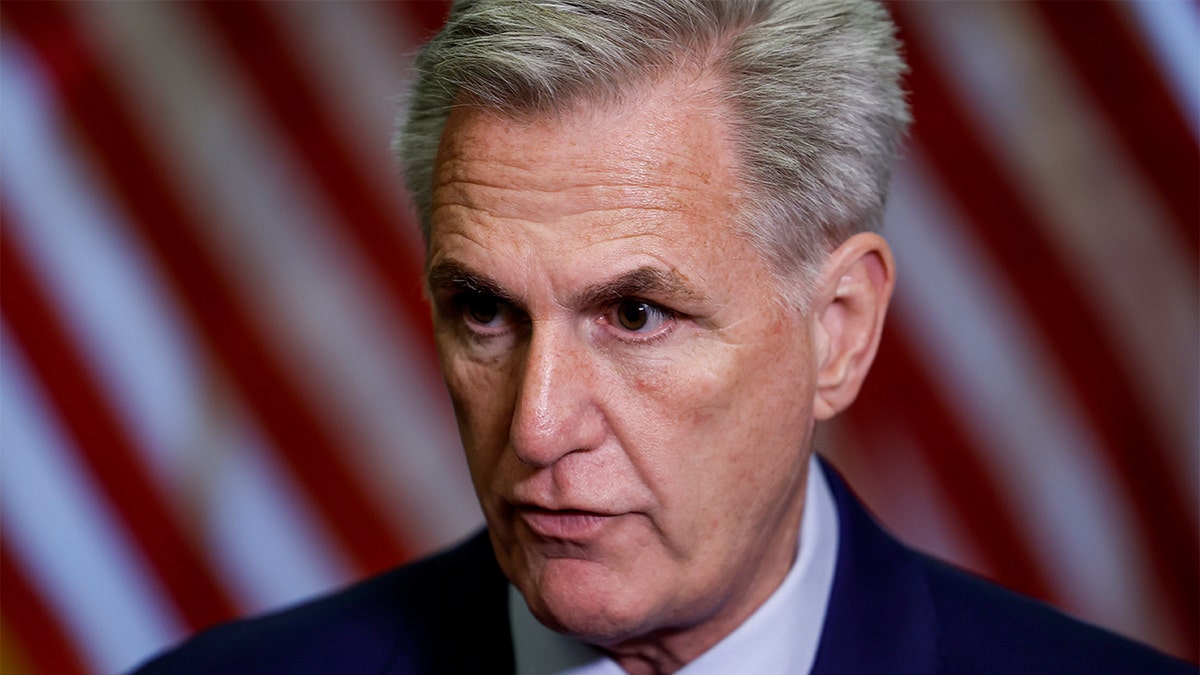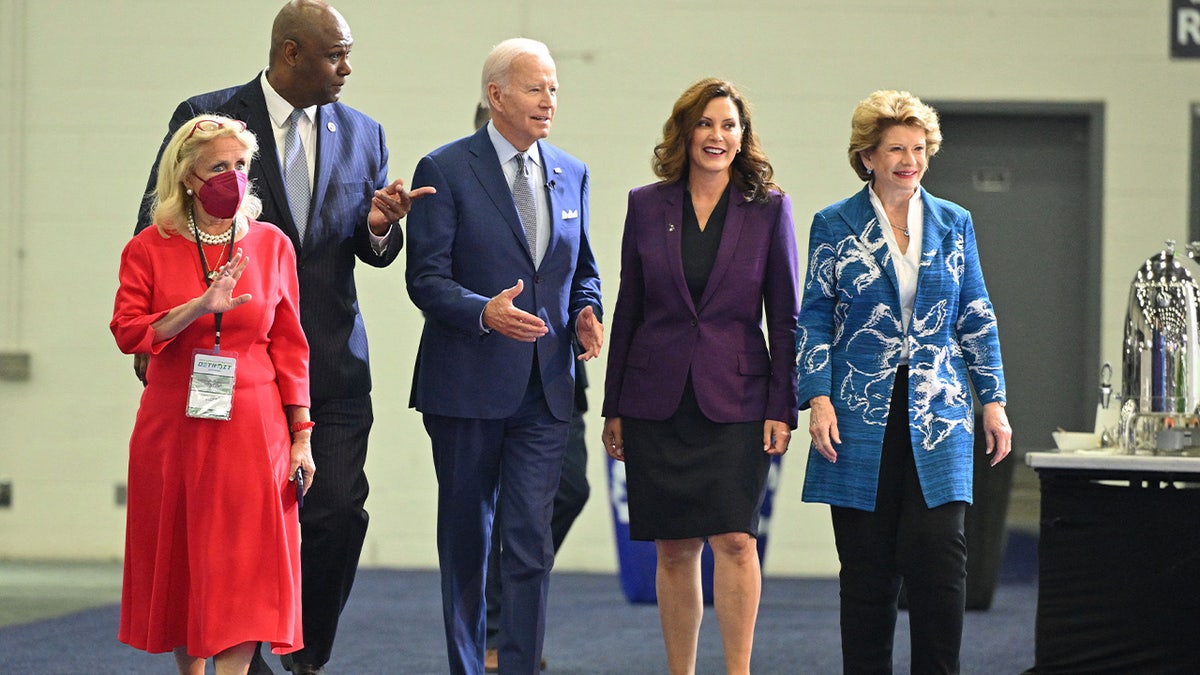House to vote on CR funding bill as government faces likely shutdown this weekend

A short-term government funding bill with uncertain odds is set to get a House vote today, as the federal government hurdles toward a likely partial shutdown this weekend.
The House Rules Committee is meeting this morning on a combined stopgap funding bill, known as a continuing resolution (CR), and border security legislation that would keep the government funded for 45 days.
It is expected to cut government spending by about 8% for that duration and include measures from the House GOP’s H.R. 2 border security bill, minus its eVerify provision.
Speaker Kevin McCarthy, R-Calif., told reporters on Thursday that the bill would also create a commission to study the federal debt.
The bill is scheduled to pass a procedural hurdle later this morning, followed by a final House-wide vote — but its success is uncertain.
Several GOP hardliners — including Reps. Tim Burchett, R-Tenn., Matt Gaetz. R-Fla., and Matt Rosendale, R-Mont., among others — are staunchly opposed to any kind of CR on principle, arguing that it just extends the previous Democrat-controlled Congress’ priorities.
McCarthy and his allies have expressed frustration at the holdouts and accused them of giving Democrats more leverage to pass a spending bill without conservative priorities.
'I think it'll happen. Now, whether it passes is a different story,' one GOP lawmaker said of the vote. 'But at least let people be on record on whether they support a shutdown and keeping the border open.'
Making matters more complicated for the speaker, however, is a letter sent to him by members of the conservative House Freedom Caucus on Thursday demanding a plan for the full fiscal year while threatening to withhold support for the CR until McCarthy provides answers.
'No Member of Congress can or should be expected to consider supporting a stop-gap funding measure without answers to these reasonable questions,' the letter said.
Meanwhile, the Democrat-controlled Senate is working on advancing its own CR, which could get a vote this weekend. That bill would simply extend this year's funding levels for a short duration while also providing billions for U.S. disaster relief and Ukraine aid.




